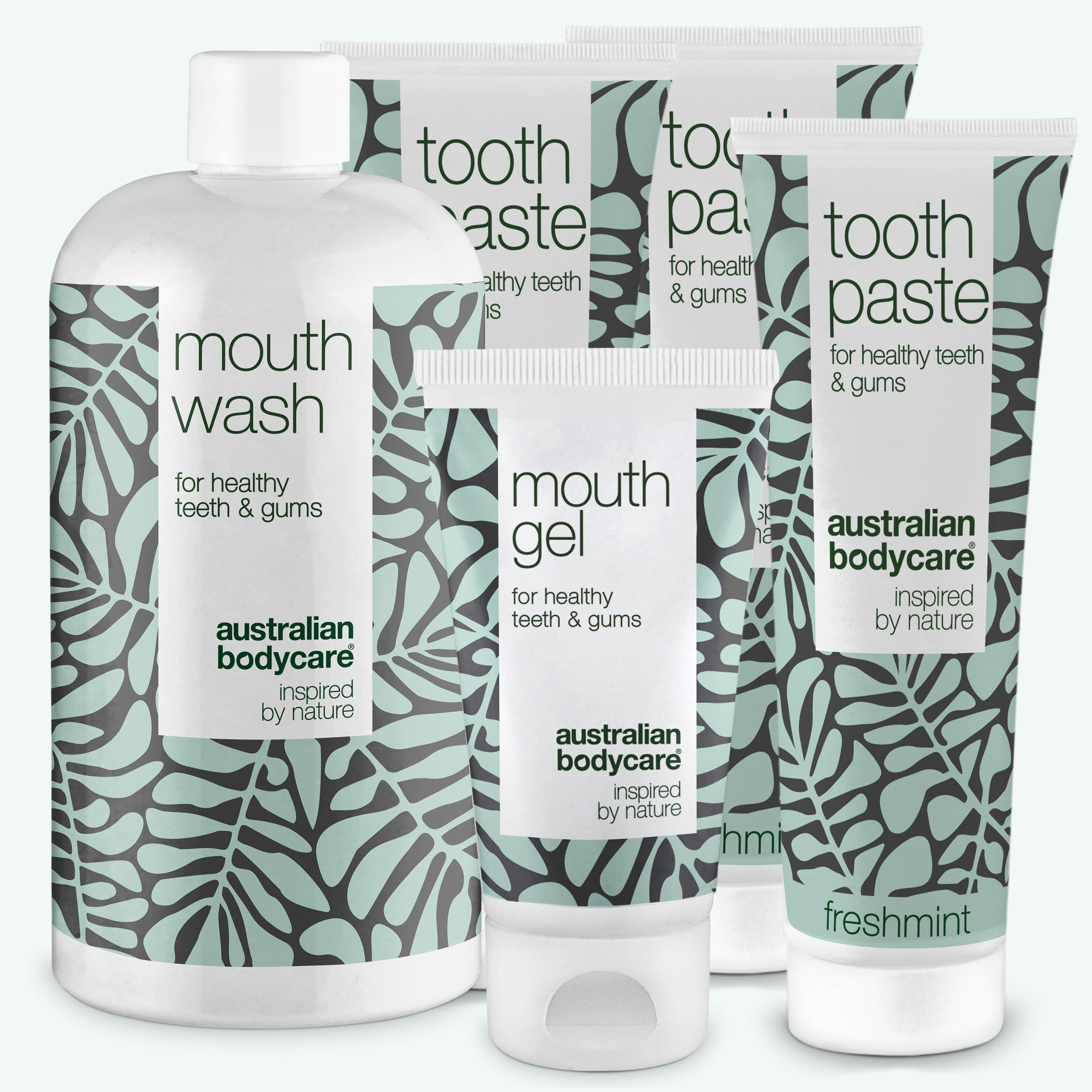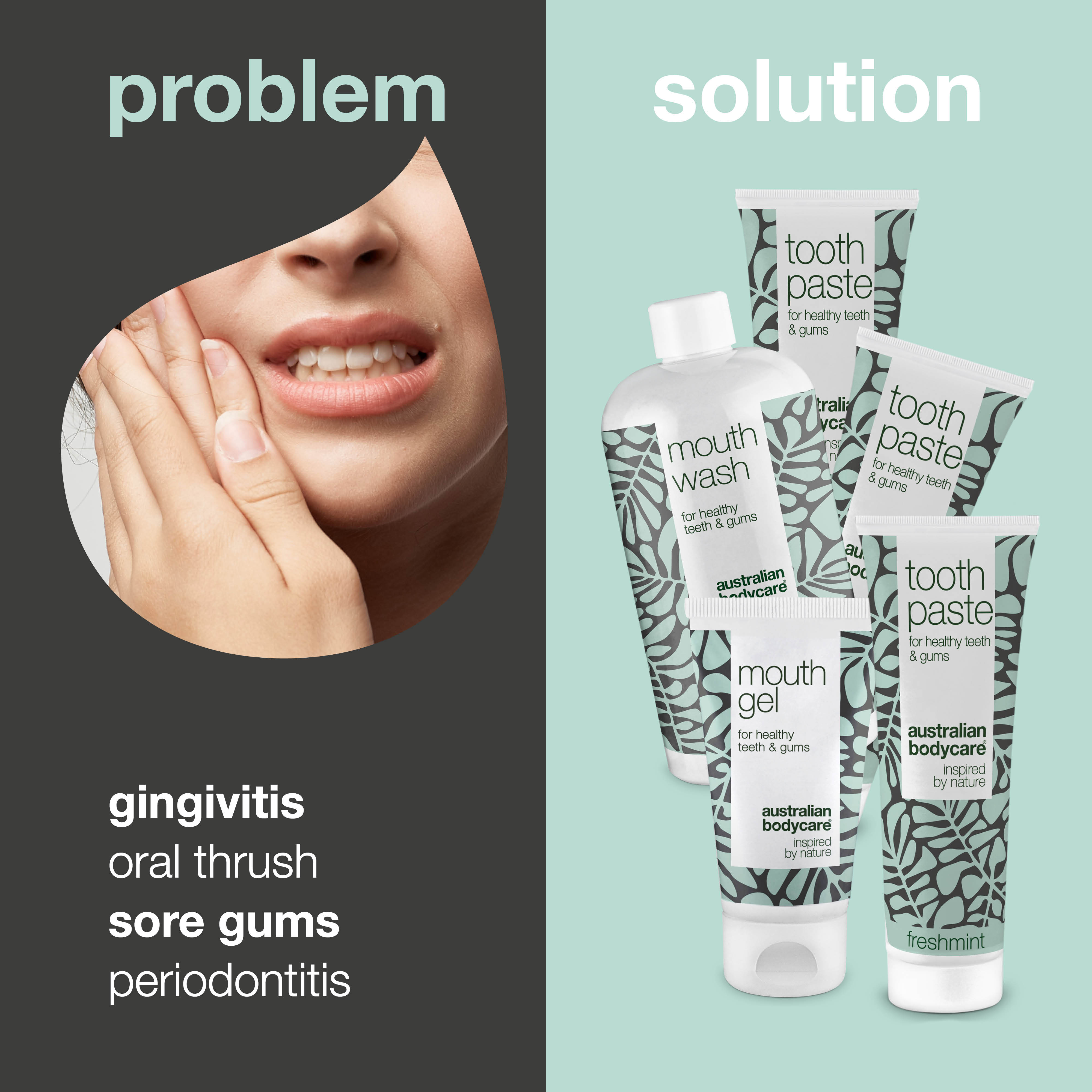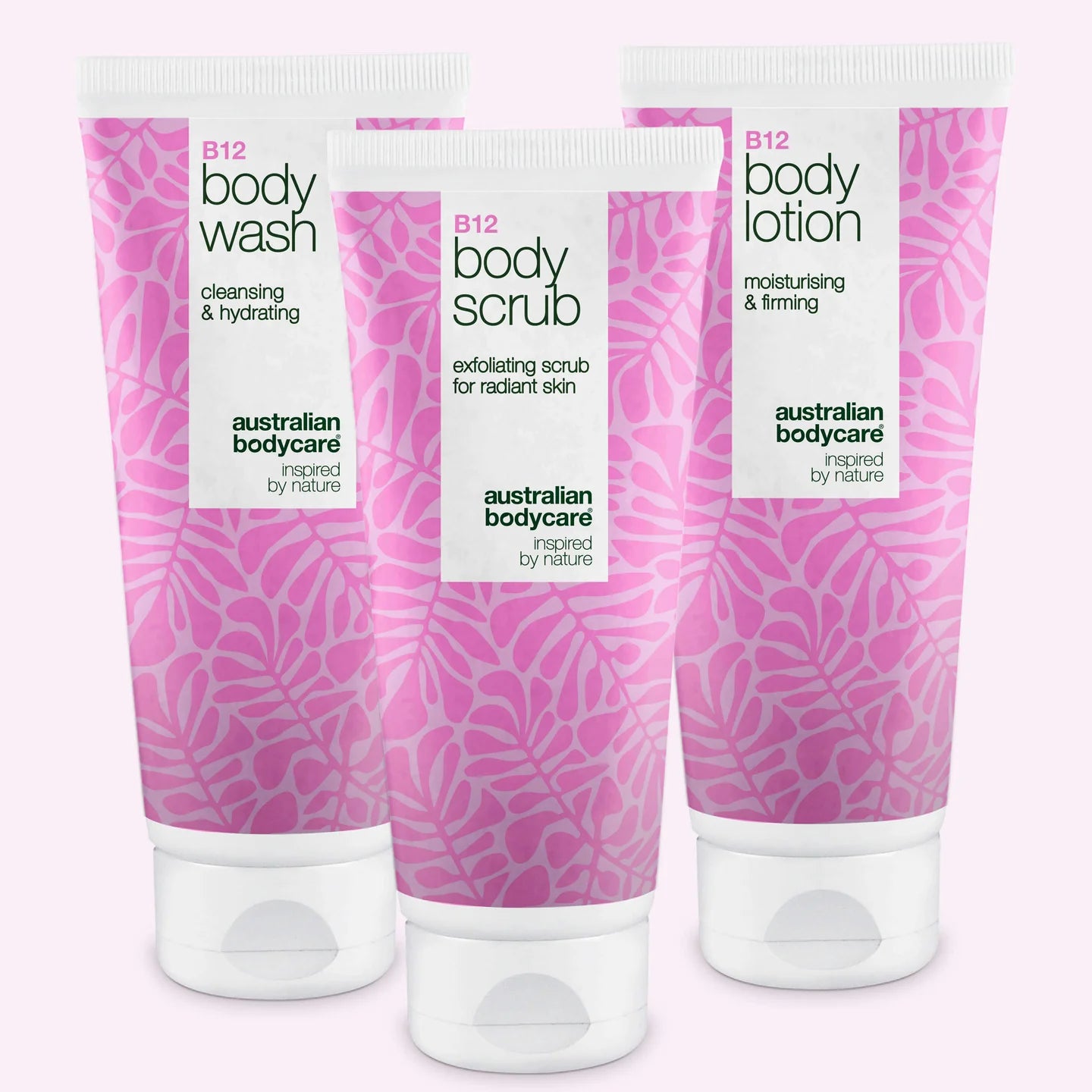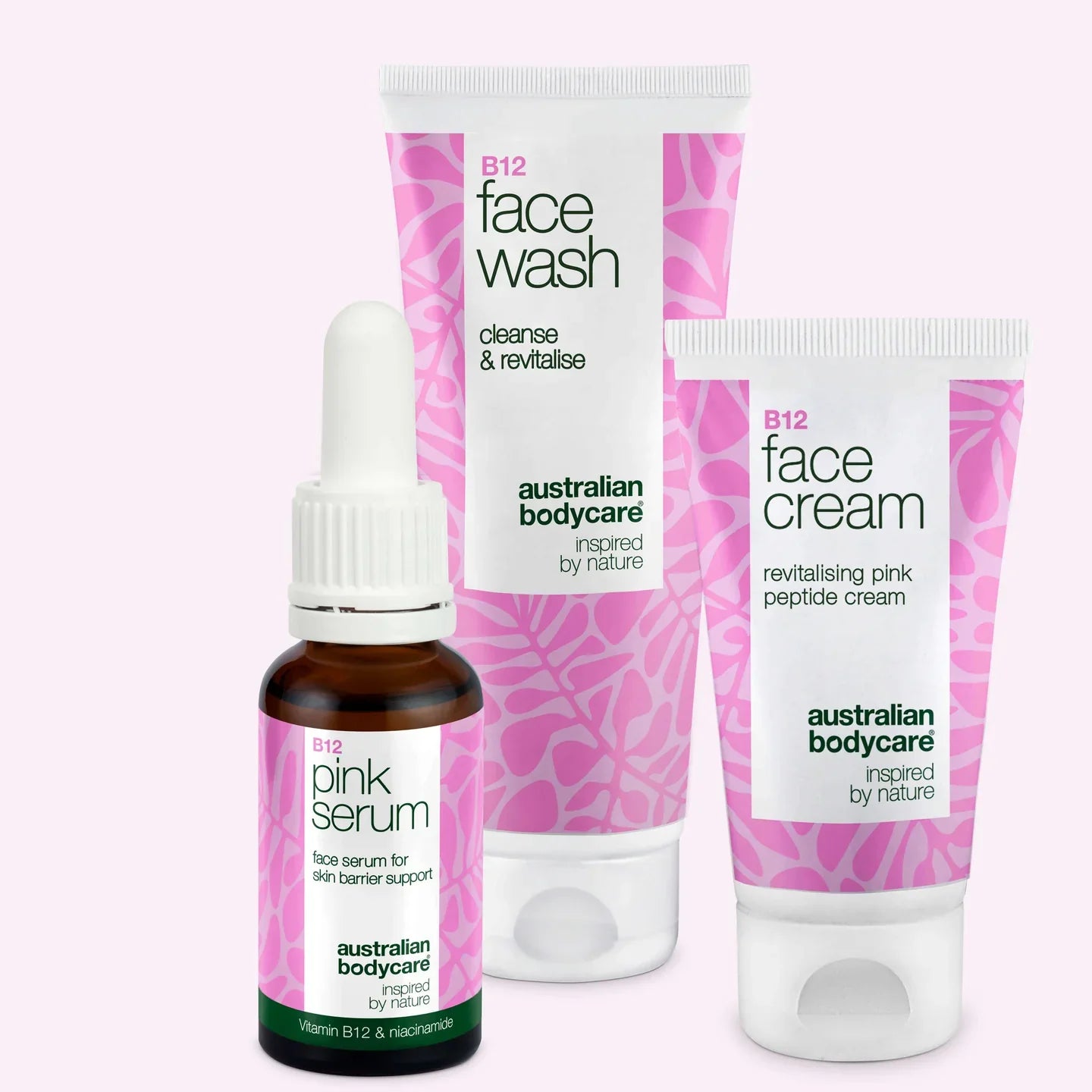Enamel Erosion: Tips for Treatment
Enamel erosion happens when your teeth are exposed to too much acid from food, drinks, or your stomach. This type of damage can weaken your teeth and make them sensitive. Do you often feel a twinge in your teeth when eating something hot, cold, sour, or sweet? That might be a sign of enamel erosion.
The health of your teeth is crucial for your overall well-being. Learn more here.
Table of contents
What is Enamel Erosion?
Enamel erosion occurs when the surface of your teeth breaks down due to acid. This breakdown is often caused by acidic foods, drinks, or stomach acid from vomiting. The enamel, which is the hard outer layer of the teeth, loses minerals and becomes thinner.
This makes the teeth more sensitive and increases the risk of cavities.
Enamel erosion can cause symptoms such as tooth sensitivity and changes in tooth color. These signs should not be ignored. Early intervention can prevent more serious problems.
Brushing with fluoride toothpaste and using mouth rinses is recommended to strengthen the enamel again.
Preventing Enamel Erosion
Preventing enamel erosion involves limiting the intake of acidic foods and drinks and cleaning your teeth after consuming something acidic. Using fluoride toothpaste and mouth rinses can also help protect your teeth from enamel erosion.
Limiting the Intake of Acidic Foods and Drinks
Limiting the amount of acidic foods and drinks is important for protecting your teeth from enamel erosion. Acidic foods and drinks like soda, energy drinks, fruit, and sour candy can damage the enamel.
1. Cut down on soda and energy drinks. These beverages have a high acid content that can erode the tooth surface.
2. Eat less acidic fruit. Fruits like citrus are healthy but also highly acidic. Try to eat them in moderate amounts.
3. Drink milk or water instead of juice with meals. Water and milk have lower acidity compared to fruit juices.
4. Choose snacks with low acidity. Avoid sour candy and opt for things like cheese or nuts that don’t harm your teeth.
5. Rinse your mouth with water after consuming acidic foods or drinks. This helps neutralize the acid in your mouth.
6. Use a straw when drinking acidic beverages like soda or juice. It helps limit the contact between the acidic drink and your teeth.
These simple steps can make a big difference in preventing enamel erosion without giving up all your favorite foods and drinks.
Cleaning Teeth After Consuming Acidic Drinks
Cleaning your teeth is crucial after enjoying acidic drinks. Acidic drinks can soften the enamel and make it more vulnerable. Here are some steps to protect your teeth:
1. Rinse your mouth with water right after drinking something acidic. This helps remove some of the acid from your mouth.
2. Wait at least an hour before brushing your teeth after consuming acidic drinks. This allows your enamel to harden again after the acid attack.
3. Choose a toothbrush with soft bristles to avoid further abrasion of the tooth surface.
4. Use fluoride toothpaste when brushing. Fluoride helps strengthen the enamel and replenish lost minerals.
5. Use gentle brushing techniques. Avoid aggressive back-and-forth motions that can damage softened enamel.
6. Consider using fluoride mouthwash regularly for extra protection against enamel erosion.
These steps can significantly reduce the risk of further damage to your teeth after consuming acidic drinks. By following them, you help keep your smile healthy and strong.
Using Fluoride Toothpaste and Mouth Rinses
Fluoride toothpaste and mouth rinses can strengthen tooth enamel and reduce the risk of enamel erosion. These products contain fluoride, which helps protect the enamel, making the teeth more resistant to acid attacks.
By using fluoride toothpaste and mouth rinses regularly, you can maintain good oral hygiene and protect your teeth from the harmful effects of acid.
Symptoms and Diagnosis
Do you experience tooth sensitivity when consuming hot, cold, sour, or sweet foods? Discolored or shiny teeth can also be signs of enamel erosion. It's important to visit a dentist for proper diagnosis and treatment.
Want to learn more about symptoms and diagnosis of enamel erosion? Read on.
Tooth Sensitivity When Eating Hot, Cold, Sour, or Sweet Foods
Tooth sensitivity when eating hot or cold foods can be a sign of enamel erosion. When acids from food and drinks dissolve the enamel on your teeth, it can cause sensitivity and discomfort.
If you experience this, it’s important to visit a dentist for an evaluation and possible treatment.
It’s also beneficial to avoid acidic foods and drinks, clean your teeth after consuming acidic drinks, and use fluoride toothpaste and mouth rinses to protect your teeth from further damage.
Discolored and Shiny Teeth
Enamel erosion can result in discolored and shiny teeth. These damages can cause yellowish or grayish colors on the teeth as well as small indentations on the chewing surfaces.
It's important to pay attention to these signs as they can indicate the presence of enamel erosion that requires proper treatment to prevent further damage. Being aware of the symptoms and seeking early treatment is crucial for maintaining healthy and beautiful teeth.
Ask your dentist about any concerns regarding discolored and shiny teeth so you can receive the right care and treatment.
Visiting the Dentist
When you visit the dentist, you can get a thorough examination of your teeth and mouth to detect any enamel erosion. The dentist can also provide you with personalized advice on how to best prevent enamel erosion, including recommendations for diet, dental care, and regular dental visits.
Regular dental check-ups are crucial for detecting and treating enamel erosion in time and for maintaining good oral hygiene.
Treating Enamel Erosion
If enamel erosion is detected early, sometimes avoiding the things that damage your teeth can be enough. In less severe cases, treatments like fluoride varnish, sealants, or small fillings might be used.
Once enamel is gone, it cannot be restored, and extensive treatments might be needed for a good appearance. This can involve larger fillings and crowns. Be aware that ongoing treatments will be necessary for the rest of your life. Therefore, it's important to avoid enamel erosion as much as possible since it can have serious consequences for your teeth. The better you are at following your dentist's advice regarding enamel erosion, the lower the risk of severe problems.
It's crucial to be aware of enamel erosion and protect your teeth by using fluoride toothpaste and mouth rinses.
Preventing Further Damage
To prevent further damage to your teeth, there are several effective steps you can follow:
1. Limit the intake of acidic foods and drinks to reduce the risk of enamel erosion.
2. Clean your teeth thoroughly after consuming acidic drinks to remove acid from your mouth.
3. Use fluoride toothpaste and mouth rinses as these can strengthen enamel and protect against enamel erosion.
4. Avoid frequent consumption of acidic regurgitation or medications that can cause enamel erosion.
5. Consider using a mouthguard at night, as recommended by your dentist, to prevent further wear on your teeth.
6. Ensure you eat healthy foods rich in calcium to help maintain strong enamel and prevent enamel erosion.
By consistently implementing these steps, you can minimize the risk of further damage to your teeth and ensure long-lasting protection against enamel erosion.
The Importance of Being Aware of Enamel Erosion and How to Best Protect Your Teeth
Being aware of enamel erosion is crucial as it can significantly impact the health of your teeth. To protect your teeth from acid attacks, it's important to avoid frequent consumption of acidic beverages and foods such as soda, citrus fruits, and juice.
Additionally, it's essential to rinse your mouth with water after consuming acidic products to reduce acid levels in your mouth. Using fluoride toothpaste and mouth rinses can also strengthen enamel and reduce the risk of enamel erosion.
Protecting your teeth from acid attacks also involves regular dental visits to detect and treat any damage in time. The dentist can also provide advice on the best practices to prevent enamel erosion based on individual needs and risk factors.
FAQ
What is enamel erosion?
Enamel erosion occurs when acids in food and drinks, such as coffee, or from stomach acid due to reflux, break down the surface of the tooth, leading to sensitivity and other symptoms.
Why do children get enamel erosion?
Children can get enamel erosion for several reasons, including eating disorders like bulimia, excessive consumption of acidic foods or drinks, and dry mouth, which can increase the risk of damage.
How is enamel erosion treated?
Treatment for enamel erosion often includes neutralizing the pH level in the mouth with neutral gum, avoiding acidic foods and drinks, and in severe cases, root treatment or other dental clinic treatments may be necessary.
Can mental health disorders lead to enamel erosion?
Yes, mental health disorders, including eating disorders and mental illnesses that lead to frequent vomiting (bulimia), can increase the risk of enamel erosion due to the frequent exposure of teeth to stomach acid.
How can I prevent enamel erosion on my teeth?
To prevent enamel erosion, limit the intake of acidic foods and drinks, increase your water intake to maintain good saliva production, use fluoride toothpaste, and visit your dentist regularly for check-ups.
Is there a connection between dry mouth and enamel erosion?
Yes, dry mouth can reduce the amount of saliva, which naturally helps neutralize acids in the mouth. This can increase the risk of enamel erosion since there isn’t enough saliva to protect the teeth from the harmful effects of acid.





